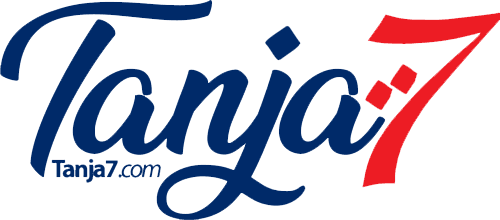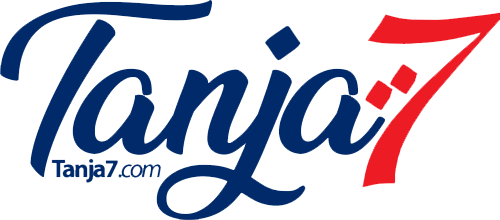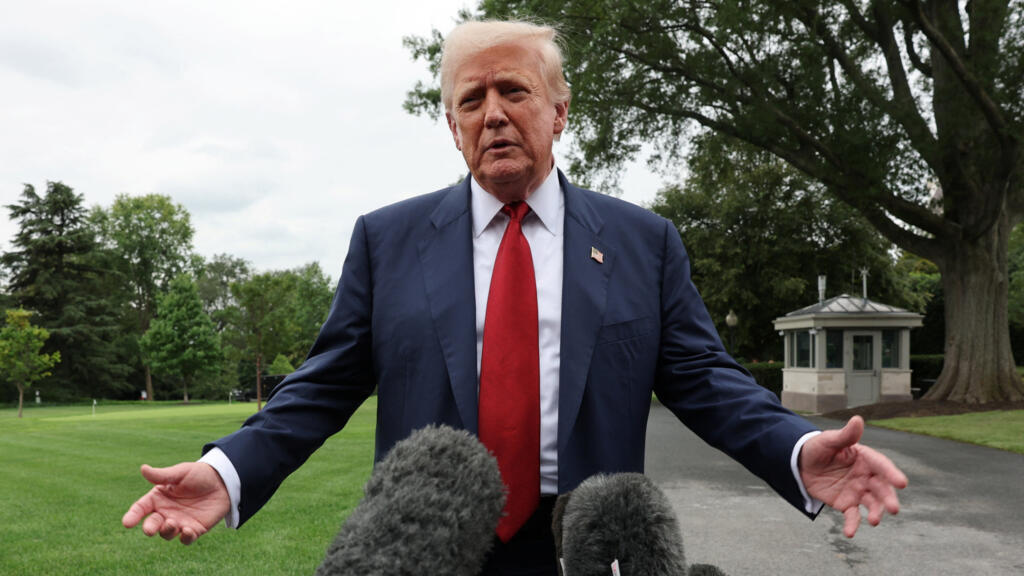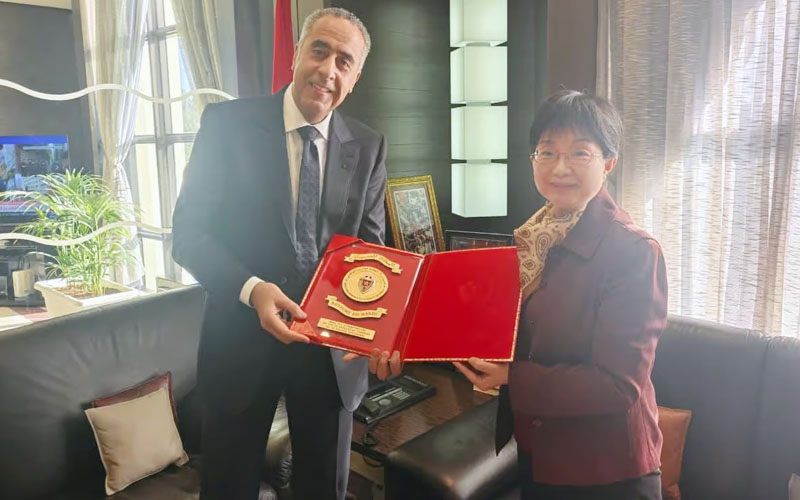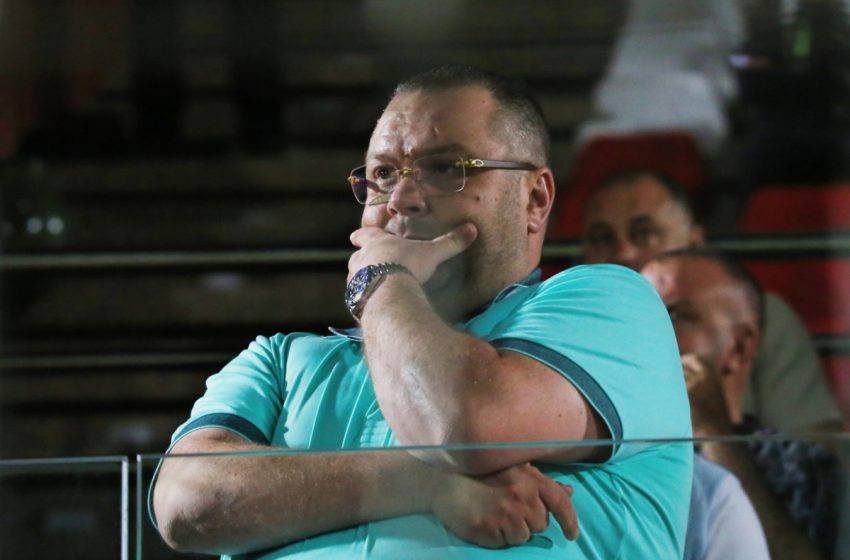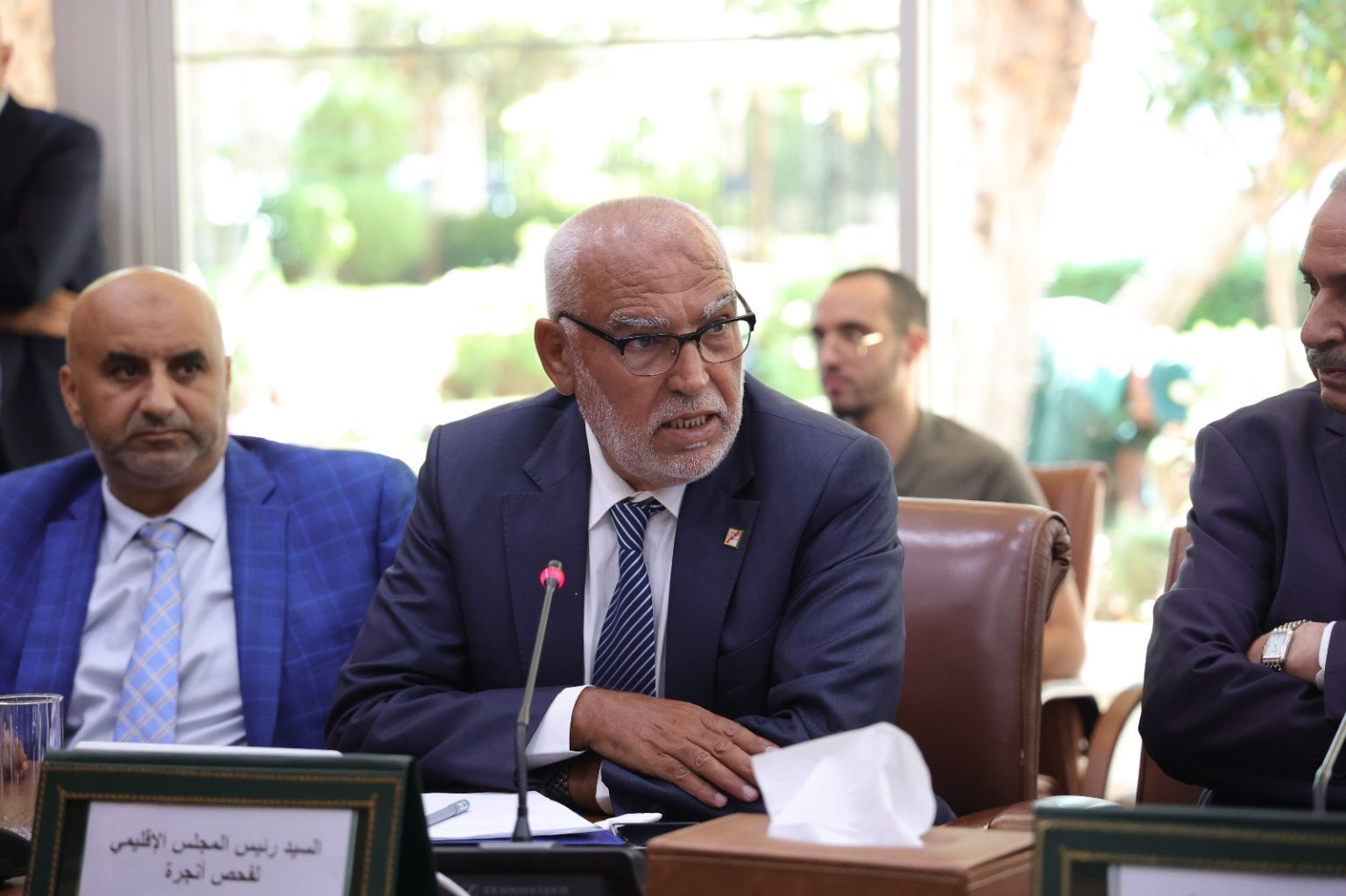Sahrawi Front Rejects U.S. Draft Resolution on UN Mission Renewal
The Sahrawi Front (Polisario) has firmly rejected a U.S. draft resolution presented to the United Nations Security Council concerning the renewal of the mandate for the United Nations Mission for the Referendum in Western Sahara (MINURSO), calling it a deviation from international law principles.
This was stated in an official letter sent by the front’s representative at the UN to the council’s president, Russian Ambassador Vasily Nebenzya, ahead of a closed expert-level consultation session today.
In the letter dated October 23, the draft circulated by the United States on the previous day was described as a “serious and unprecedented deviation” from the foundations of the international peace process in the region. The letter indicated that the draft reflects the U.S. stance, which considers Morocco’s autonomy proposal as the sole basis for negotiation and political solution, thus limiting the Sahrawi people’s right to self-determination.
Context: Disputes Over Mandate Renewal
The mandate of MINURSO expires on October 31. The mission was established in 1991 to monitor a ceasefire and organize a referendum on self-determination. However, the process has stalled for years due to disputes between the Polisario Front, which seeks independence, and Morocco, which claims full sovereignty over the territory and proposes autonomy as a realistic solution.
The new U.S. draft relies on the Moroccan proposal as the primary framework for future negotiations, according to the Sahrawi letter.
The Polisario reaffirmed its commitment to negotiations under the auspices of the UN Secretary-General without preconditions, referencing previous Security Council resolutions that call for a fair, lasting, and mutually acceptable political solution. The letter also recalled the 1975 International Court of Justice ruling, which states that sovereignty over Western Sahara exclusively belongs to the Sahrawi people and that their right to self-determination is inalienable and non-expiring.
Indicating its willingness for a peaceful resolution, the front stated it presented an extensive proposal to Secretary-General António Guterres on October 20 as a goodwill gesture. However, it warned that it “will not participate in any political process or negotiations” if the draft is adopted without modifications that align with these principles.
Call for Commitment to International Law
The letter urged Security Council members to adhere to the principles of the UN Charter, calling on all parties to facilitate serious, credible, and time-bound negotiations without preconditions. It emphasized that this approach is the “only viable way” to achieve lasting peace in the region, citing the concessions and sacrifices made by the front since the beginning of the peace process.
Today’s session is expected to focus on discussing the draft while considering the need to maintain stability in North Africa, especially in light of concerns over potential military escalation. This development is a critical step in one of the world’s longest unresolved conflicts, as the council seeks to balance opposing positions to avoid disrupting the peace process.
U.S. Draft Resolution
The United States has circulated a new draft resolution in the UN Security Council aimed at renewing the mandate of the MINURSO, with a focus on accelerating the peace process in the region.
The draft was circulated on October 22 and represents a crucial diplomatic step amid rising tensions among the involved parties, particularly as the current mandate nears its expiration on October 31.
Key Provisions of the Leaked Draft:
-
Mandate Extension: The draft proposes extending MINURSO’s mandate for just three months, until January 31, 2026, which is a reduction from the usual annual term. This shorter extension aims to impose an urgent timeline for reaching a political solution before the period ends.
-
Negotiation Framework: The draft designates Morocco’s 2007 autonomy proposal as the “sole and realistic basis” for negotiations and political resolution, describing it as “serious, credible, and realistic.” It calls for all parties (Morocco, Polisario Front, Algeria, and Mauritania) to engage in negotiations “without delay or preconditions,” relying on this proposal as the only framework. It concludes that “genuine autonomy under Moroccan sovereignty” is the “most feasible solution” for the longstanding conflict.
-
Support for International Efforts: The draft expresses “full support” for Secretary-General António Guterres and his Personal Envoy Staffan de Mistura in their efforts to promote the political process. It welcomes de Mistura’s initiative to convene meetings among the parties to build on the progress made while focusing on consultations with the involved parties to achieve a “final, mutually acceptable political solution.”
-
U.S. Role: The draft commends the leadership of former U.S. President Donald Trump in addressing the conflict and praises the U.S. readiness to host negotiations among the parties to support de Mistura’s mission. It requests that the Secretary-General provide periodic reports to the council, including one within six weeks of the mandate renewal and another before its expiration, with recommendations regarding the transition or termination of the mission based on negotiation outcomes.
-
Commitment to International Principles: The draft reiterates the Council’s commitment to all previous resolutions concerning Western Sahara and emphasizes the obligation to assist the parties in reaching a “fair, lasting, and mutually acceptable political solution” that aligns with the principles of the UN Charter, including the self-determination of the Sahrawi people while ensuring “genuine autonomy within Moroccan statehood.”
